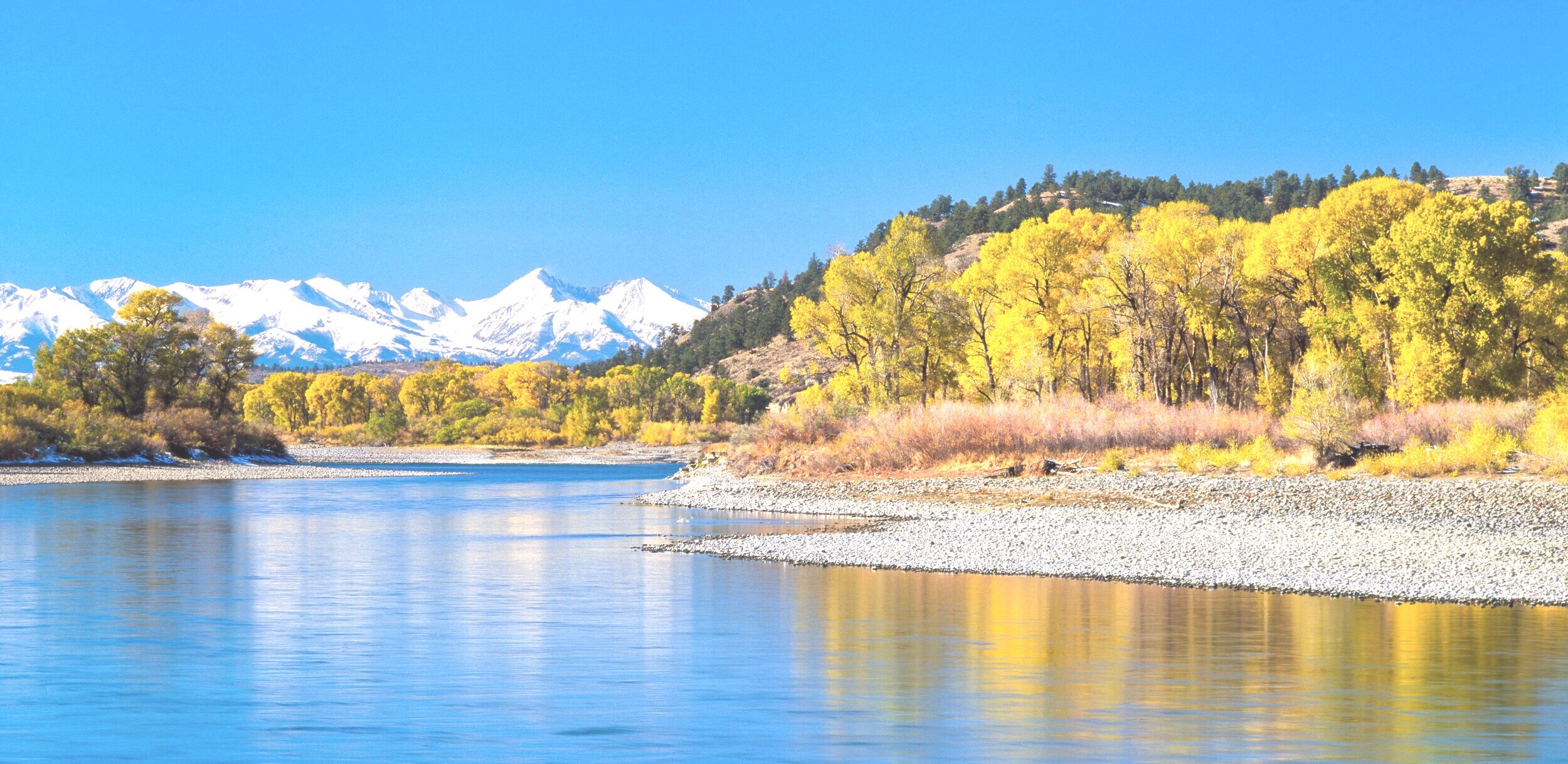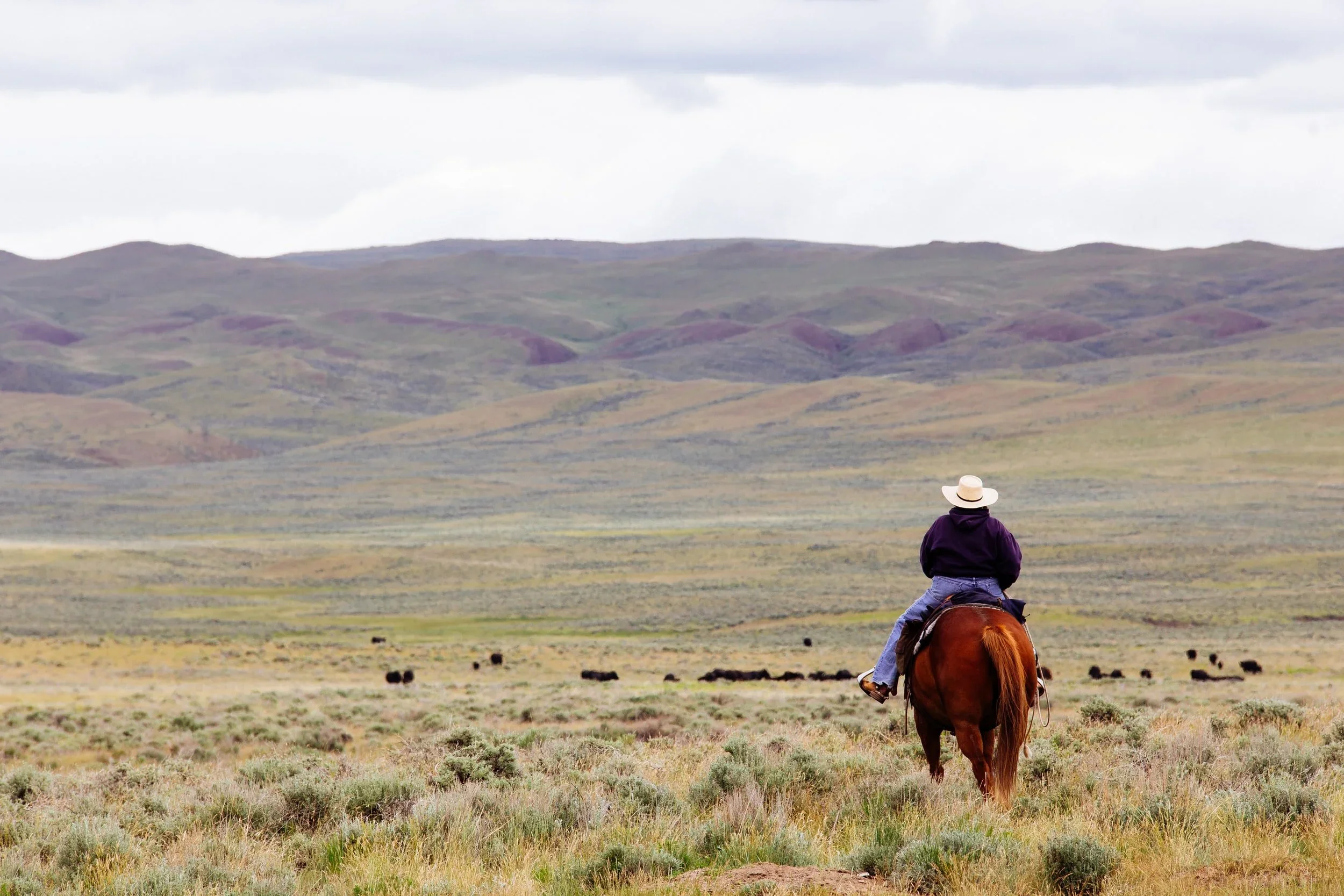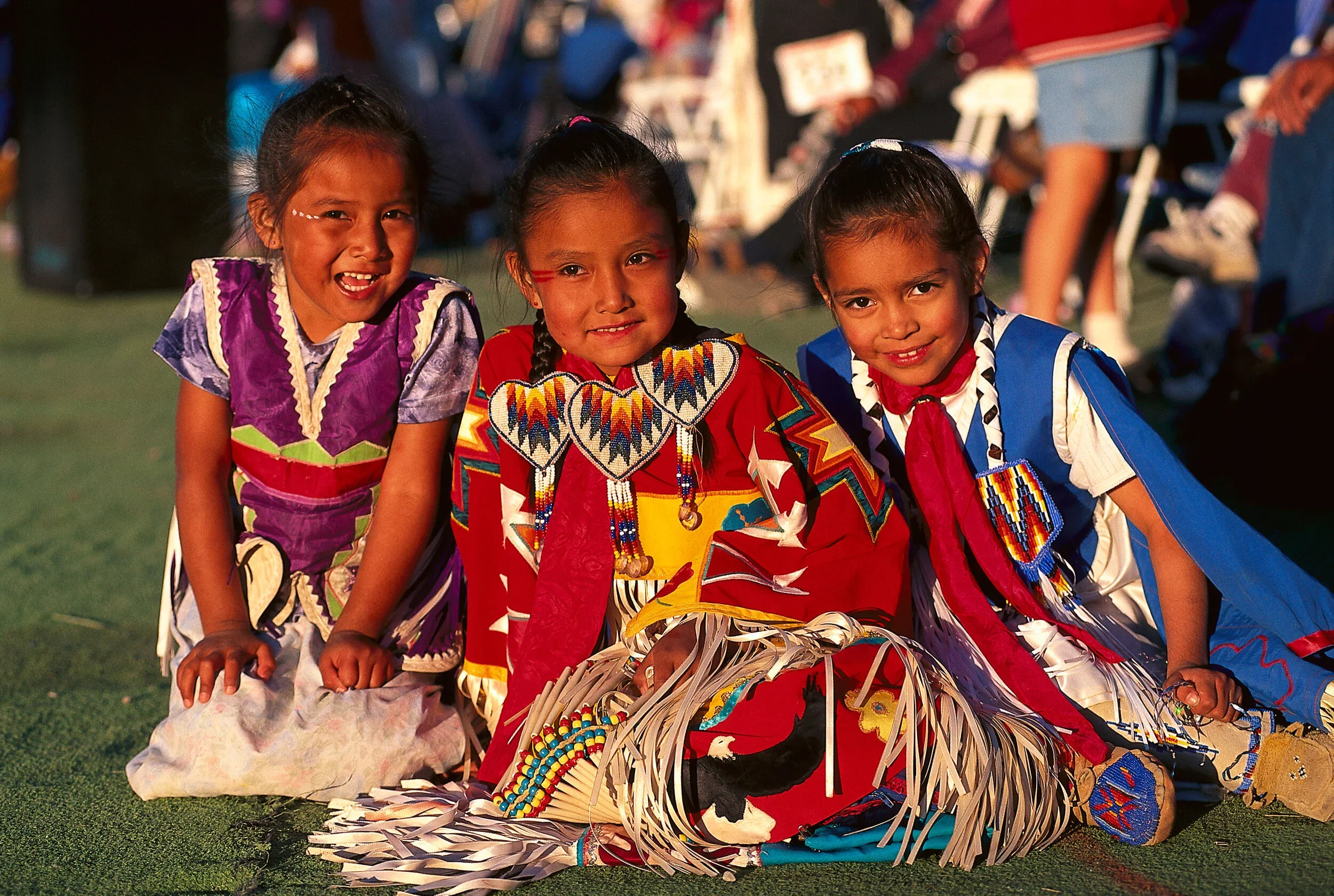
Catalyst for Change: a 501(c)(3) nonprofit serving all Montanans.
No community is too small, and no town is too far. We love all of Montana. You are not alone and you are not forgotten.
Show your support!
Become a Catalyst and spread awareness of the Montana mental health crisis when you register your vehicle with this stylish Catalyst for Change license plate.
Just like making a change to prioritize your mental health, there is no ‘right time’ to update your license plates.
Change can happen right now!
Why Your Support Matters:
High Suicide Rates: For so many awful reasons, Montana deals with more suicide than almost anyone. We have been at, or near the top of the list for suicide completion per 100,000 people for decades.
Youth at Risk: The rate of teen deaths by suicide has increased 35% since 1999. Montana teens die by suicide at twice the national average.
Empowering Communities: Our Community Health Workers (CHWs) are locals who are trained to link their community members to telehealth therapy, consultations, and critical help. Our approach thrives in Montana because it's rooted in real people caring for their friends and neighbors, who understand that genuine connections are vital for true healing. Your support is a lifeline. It can provide telehealth access, fund essential medications, and ensure our CHWs are equipped to make a life-changing impact!
What Catalyst for Change Does
We bring mental health services to and proudly serve all Montanans, especially rural communities. Regardless of where you live or what your mental health concerns are, we utilize our virtual-meets-local model to connect you, your loved ones, and your community to high-quality services. Catalyst for Change was founded in Big Timber, Montana, and is run by local community members. For that reason, we are confident in our firsthand knowledge of what it takes to address the mental health needs of rural areas like Sweet Grass County and beyond. If a friend, loved one, or yourself are in need of mental health services, please click below. We are here to help!
The Catalyst for Change Mission
At Catalyst our mission is to turn the tide on Montana’s Mental Health crisis through integrated community-based care pathways, with individuals at the center.
For too long Montanans have been dealt a shorthand when it comes to accessing mental health services. Montanans have been looking out for each other for generations. Even though we know how to take care of ourselves and our communities, sometimes we need a helping hand. That’s why we’re here. We bring you the services your community deserves by simply providing you access to resources that are often only found in larger communities. No more long wait times or endless hours of driving to and from appointments. No more missing too much work or school. No more wear and tear on your car or spending too much money on gas.
Volunteer with Catalyst for Change
Suicide is a significant problem across the state, especially in rural communities. Since implementing our services in Sweet Grass County we have seen the following (YRBS, 2019):
fewer students reported seriously considering attempting suicide (23% vs 30%)
fewer students reported having a plan for how they would attempt suicide (20% vs 26%)
nearly 50% less have attempted suicide one or more times (10% vs 19%)
You can help us in this effort by donating, volunteering, or simply educating yourself. You have the power to help improve the lives of those around you.




